Search

Career Conversations: Exploring My Future in the 605
Career Conversations features interviews with South Dakota professionals inspiring teachers and youth to explore occupations at their own pace.
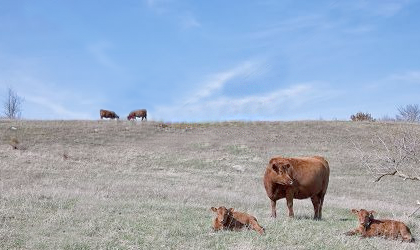
Grass Tetany: Now Is the Time To Prepare
Grass tetany is a metabolic disorder associated with grazing lush, rapidly growing pastures. Learn the factors that influence its progression along with tips for preventing and managing it in herds.
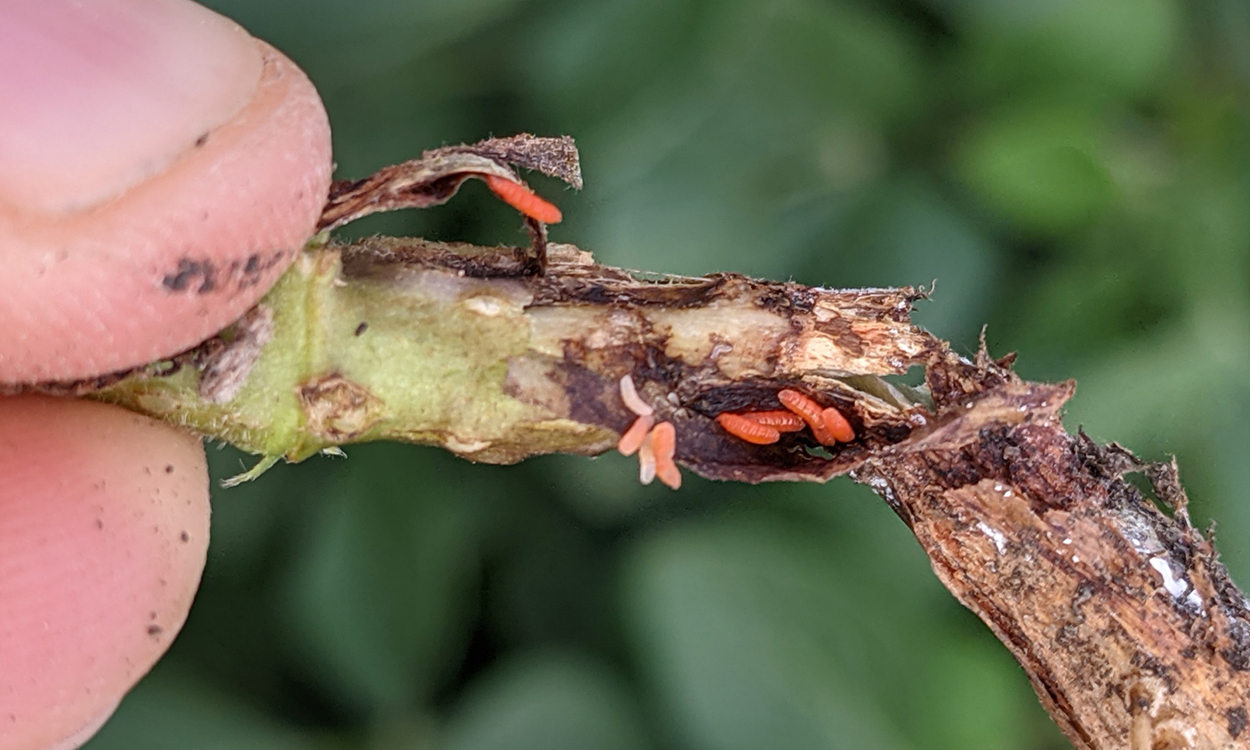
Soybean Gall Midge Larvae Detected in South Dakota
Soybean gall midge larvae have been detected in soybean in southeastern South Dakota. Scouting for fields with infestations may explain wilting or dying soybean along field edges.
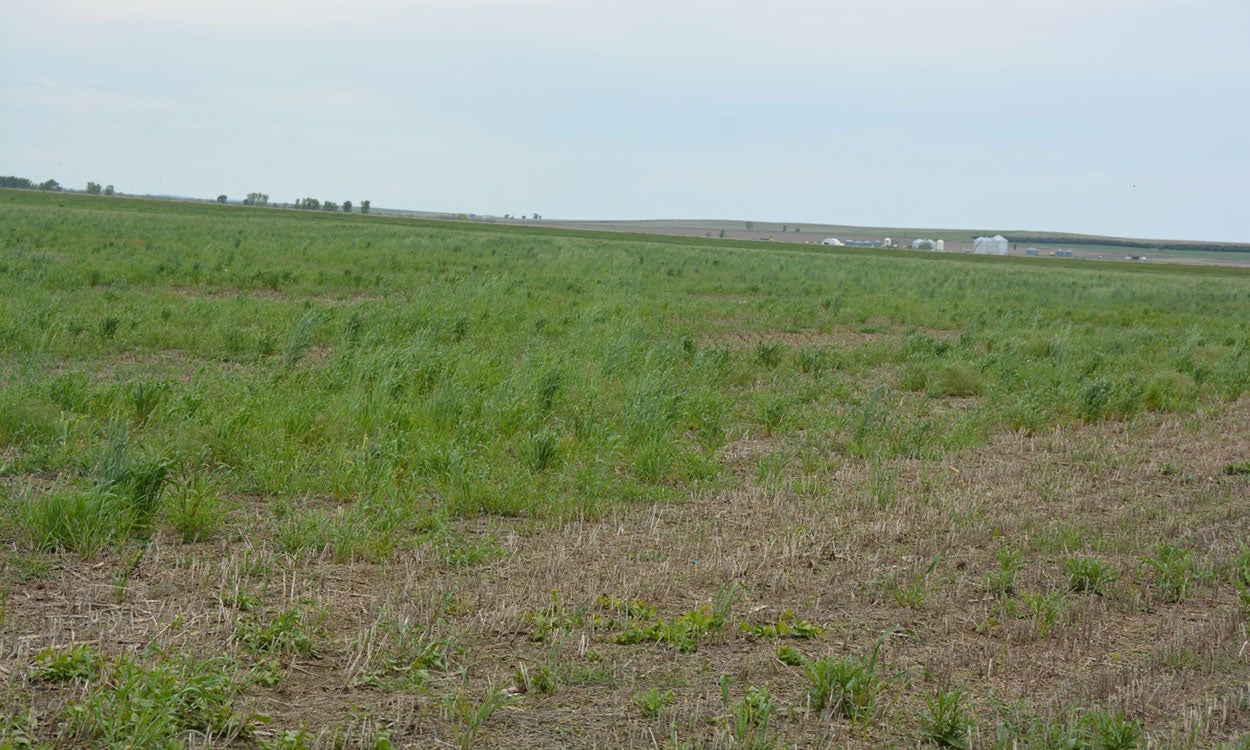
Wheat Streak Mosaic Virus Management Before Planting
Wheat streak mosaic virus is one of the important diseases in winter wheat and can lead to severe yield losses. Learn how it can be effectively mitigated by using proactive management in your fields.

Laron Krause of Clear Lake Named Eminent Leader in Agriculture, Family and Community
January 21, 2022
Over the years, Laron Krause's family, local church and many South Dakota agriculture commodity groups have benefited from the time Krause willingly shared.
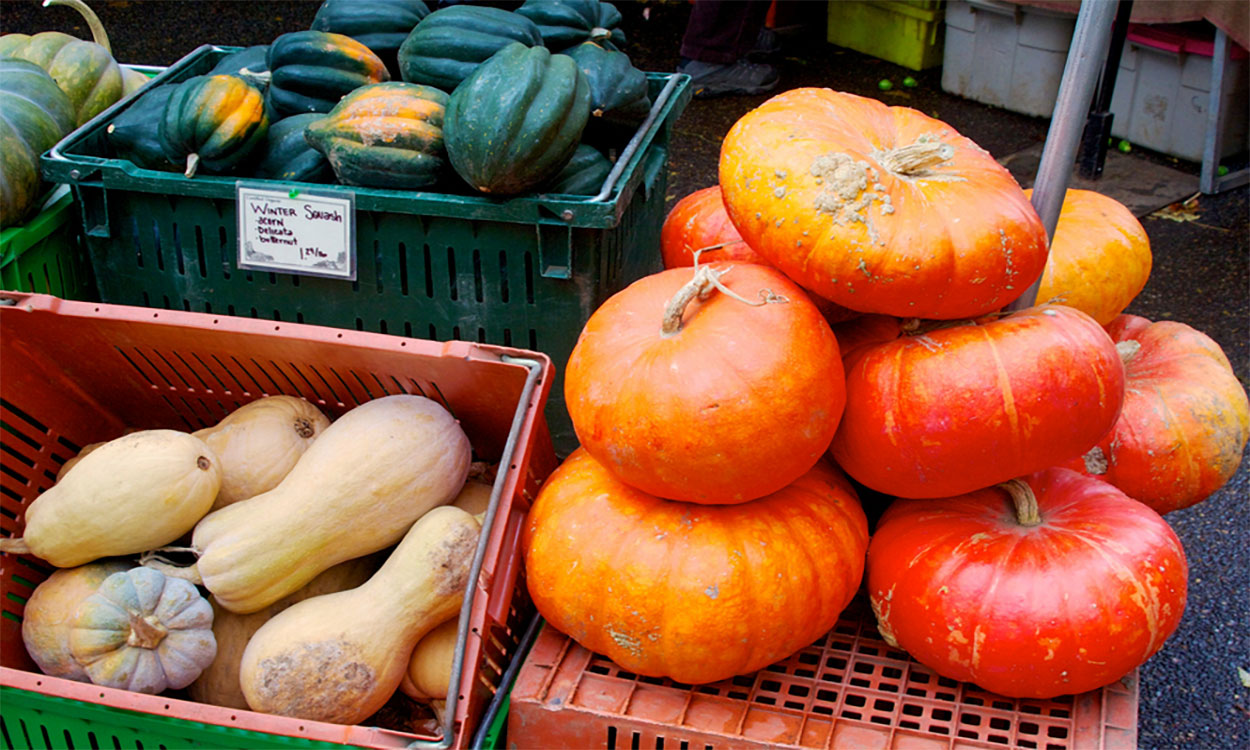
Harvesting and Storing Pumpkins and Winter Squash
The gardening season will soon come to an end, but we can still enjoy pumpkins and winter squash well into the winter months if we take some extra care during the harvest and storage process.

Funding Community Projects: Keeping Healthcare in Your Community
Faulkton’s hospital was getting old. Something had to be done or it would be lost.
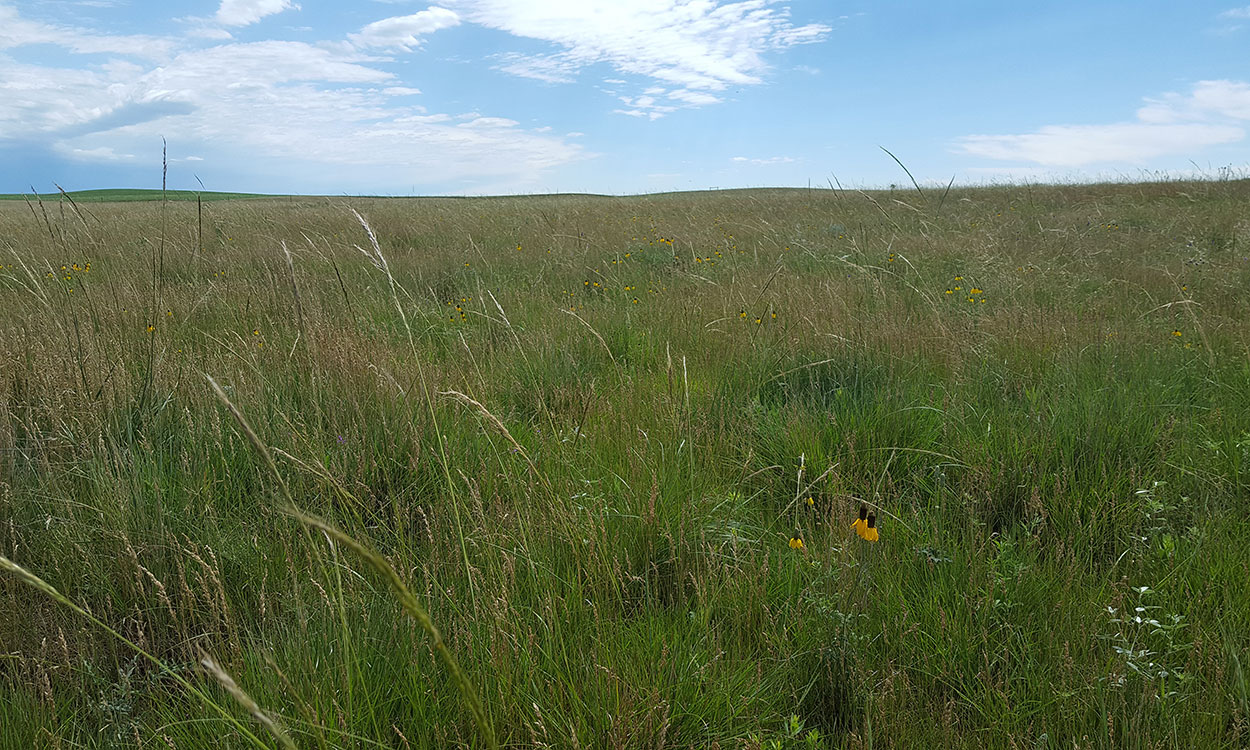
Grassland Fertilization: Ecology
In the first article in this series, we discussed basic terminology and economics. This article focuses on the ecological impacts of fertilization in various grassland plant communities, including native rangelands and prairies.

Purposeful Retirement Online Book Club
SDSU Extension and NDSU Extension will host an online purposeful retirement book club beginning September 3 at 10:00 a.m. CDT (9:00 a.m. MT) and meeting every other week through November 12.
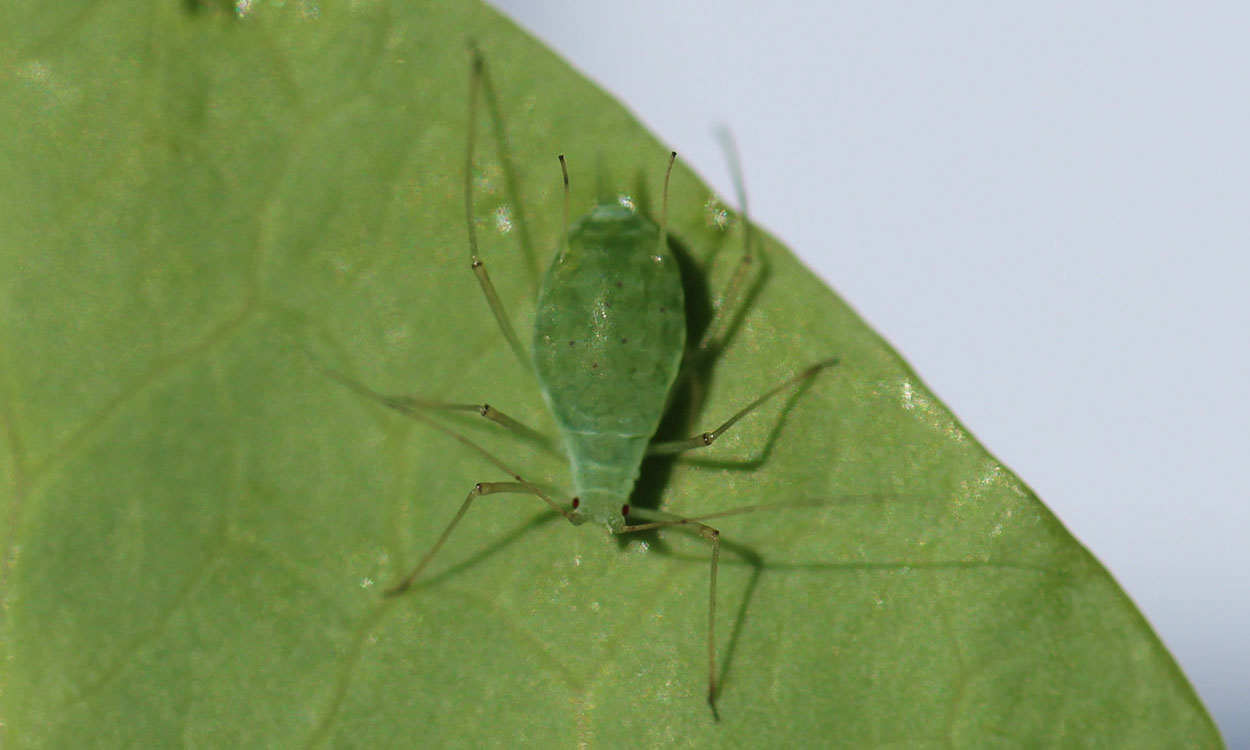
Monitor Alfalfa for Pea Aphid Activity
Pea aphids can cause yield reductions to alfalfa when large populations are present. Prolonged feeding by these populations can even cause the alfalfa fields to take on a “golden” color.